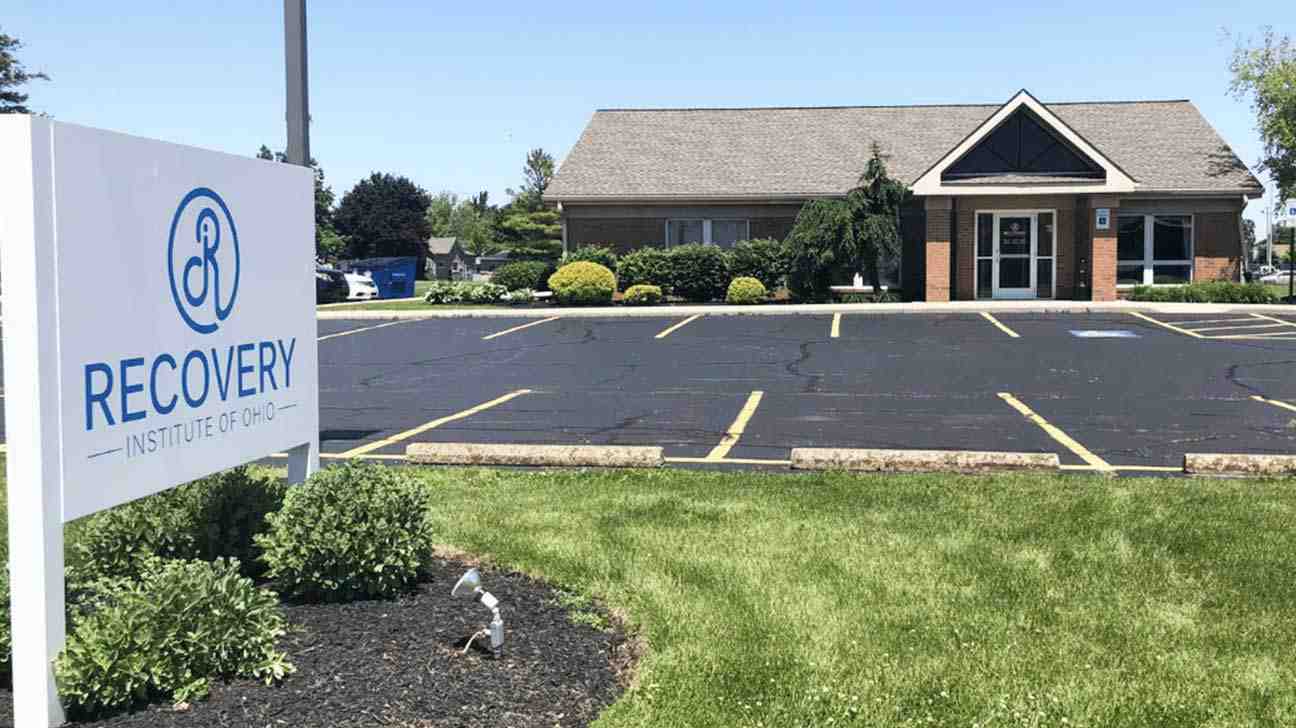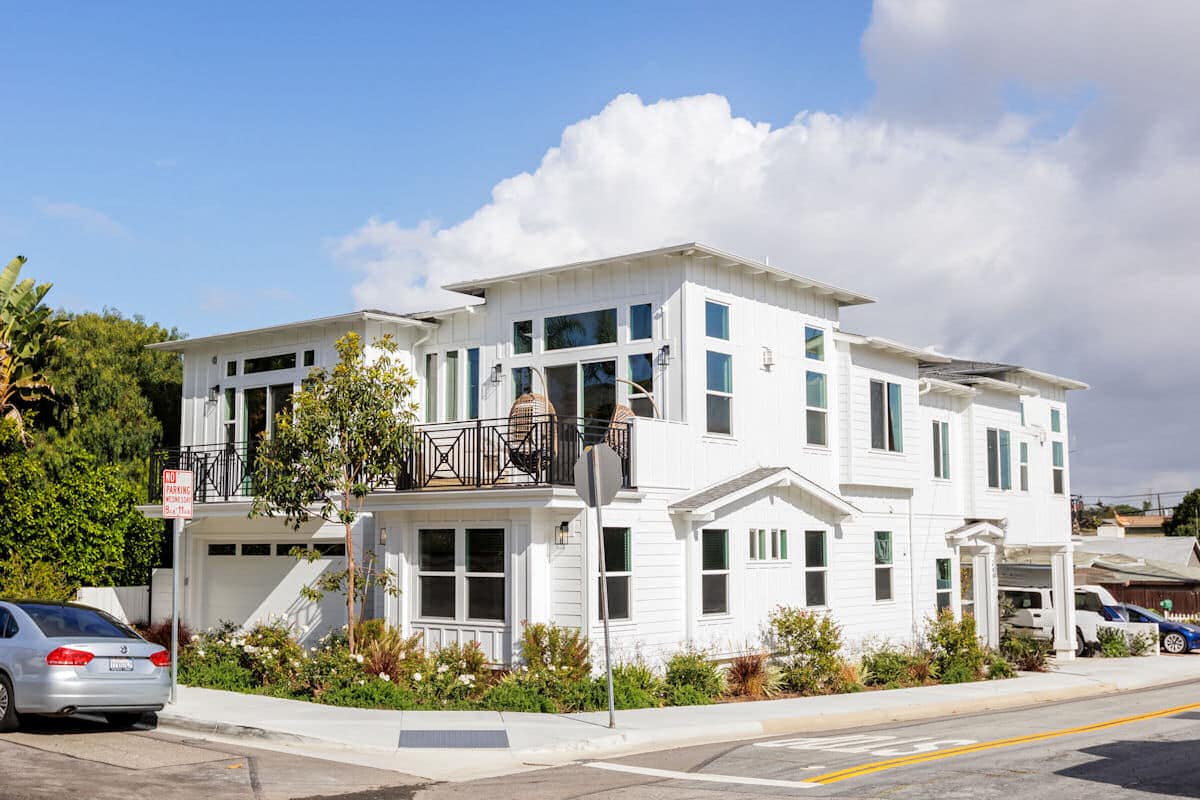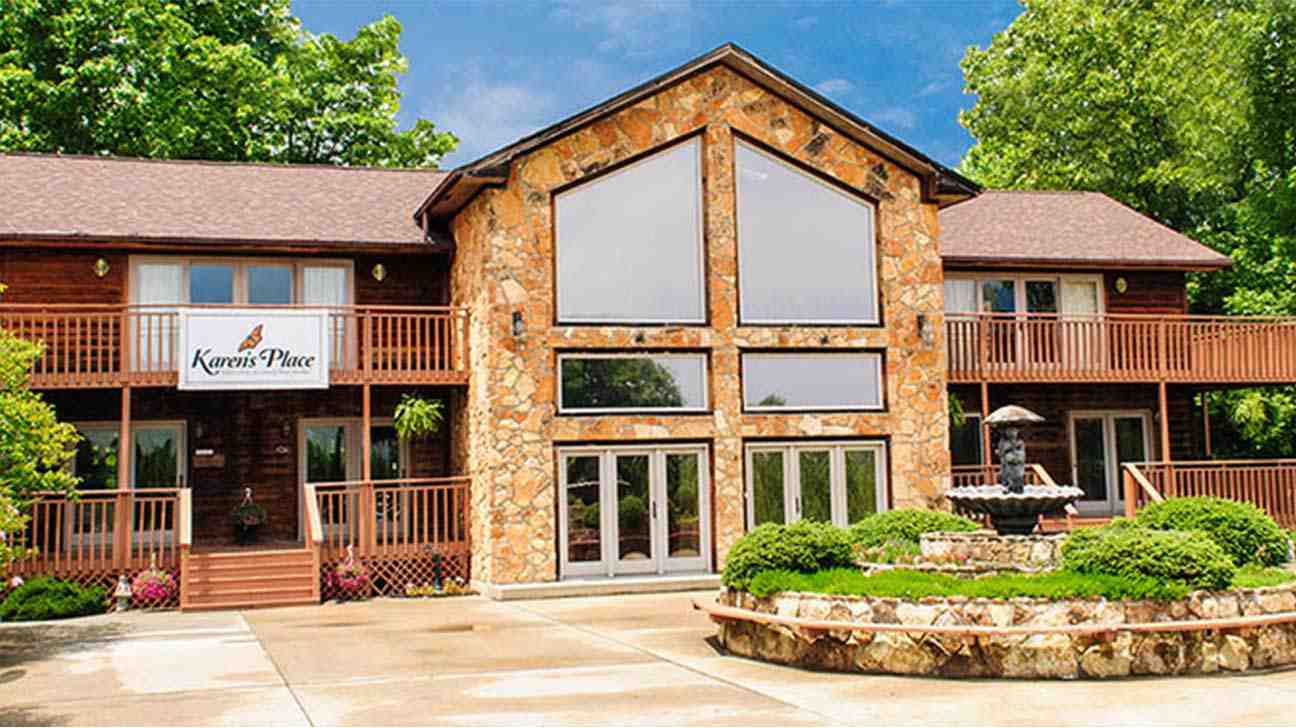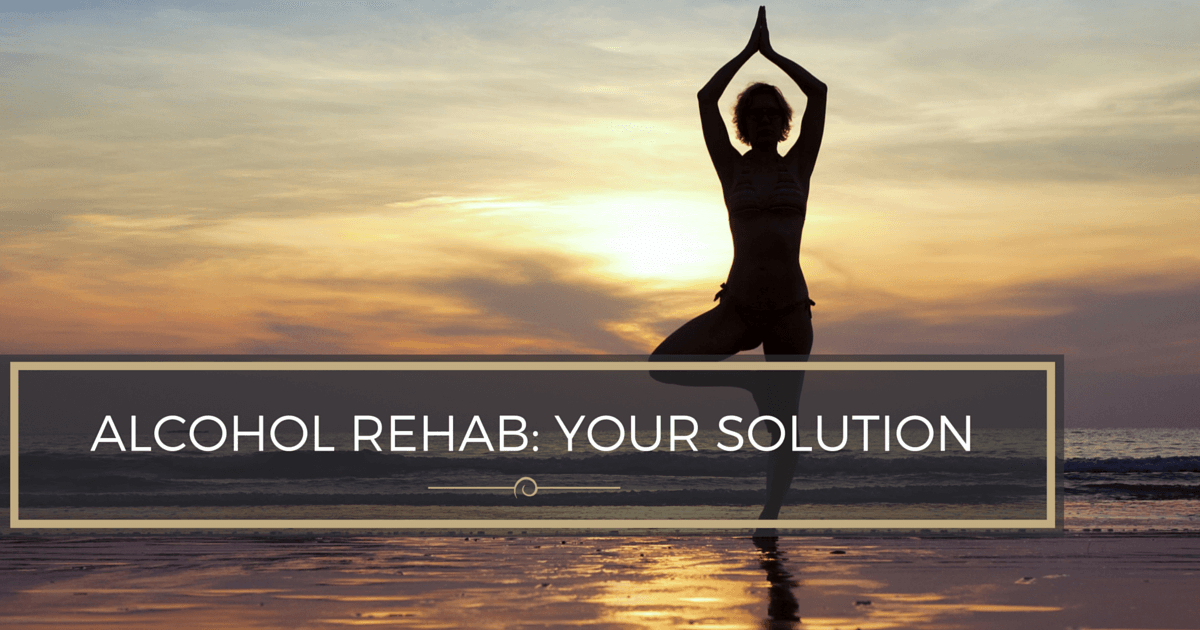
Understanding Your Path to Recovery from Alcohol Addiction
What is alcohol rehab? Alcohol rehab is a structured treatment program designed to help individuals overcome alcohol use disorder (AUD). It combines medical care, therapy, and support to provide a safe environment for detox, address the root causes of addiction, and develop skills for lasting sobriety. Programs can be inpatient (living at the facility) or outpatient (living at home) and last from weeks to months, with the ultimate goal of long-term recovery.
If you or a loved one is struggling, you’re not alone. In 2019, approximately 14.5 million people aged 12 and older had AUD. Yet, the Substance Abuse and Mental Health Services Administration reports that 94% of those with substance use disorders did not receive any treatment.
The good news is that AUD is a treatable medical condition, not a personal failure. With the right support, recovery is possible. This guide explains what alcohol rehab is, how it works, and how to choose the right program.
At Addiction Helpline America, we help individuals and families steer the path to recovery. Our team can connect you with the resources you need to begin healing today.

Easy what is alcohol rehab word list:
Understanding What is Alcohol Rehab: A Comprehensive Guide
When you or a loved one is struggling with alcohol, the question what is alcohol rehab? carries weight, hope, and fear. Asking it is the first step toward healing.
Defining Alcohol Rehab and Its Primary Goal
Alcohol rehab is a structured treatment program designed to help people break free from Alcohol Use Disorder (AUD). It’s more than just stopping drinking; it’s about understanding the root causes of addiction, learning new coping skills, and building a foundation for long-term sobriety. The primary aim is to help individuals achieve and maintain sobriety by addressing the psychological, emotional, and behavioral patterns that fuel alcohol misuse. In a rehab setting, a team of doctors, therapists, and counselors provides comprehensive care for your physical and mental well-being. For more information, explore our resources on abuse drug treatment.
The Crucial Difference: Alcohol Detox vs. Alcohol Rehab
“Detox” and “rehab” are often used interchangeably, but they are two distinct and critical phases of recovery.
Alcohol detox is the first step: a medical process to safely remove alcohol from your body while managing withdrawal symptoms. Under 24/7 medical supervision, professionals may use medications to minimize cravings and prevent serious complications. Detox focuses on medical stabilization and typically lasts five to ten days.
Call Now – Your Journey to Recovery Begins Today!

Take the first step towards a healthier life! Call now to connect with our compassionate team and start your recovery journey today. Your path to healing awaits!
Our recovery specialists are available 24/7 to provide support, and all calls are confidential and free. Reach out anytime – we’re here to help!
Alcohol rehab begins after detox. This phase involves intensive therapy to address the root causes of addiction. Rehab focuses on comprehensive psychological and behavioral healing, equipping you with coping skills for a life free from alcohol.
| Feature | Alcohol Detox | Alcohol Rehab |
|---|---|---|
| Primary Focus | Medical stabilization and withdrawal management | Comprehensive psychological and behavioral healing |
| Duration | Typically 5-10 days | Varies: weeks to months, often longer than detox |
| Methods Used | 24/7 medical monitoring, medication-assisted detox | Individual/group therapy, counseling, skill-building |
| Long-Term Goal | Safe cessation of alcohol use | Sustainable sobriety, relapse prevention, life skills |
Detox alone is rarely enough for lasting recovery. Individuals who complete both detox and rehab are 40% more likely to maintain sobriety after one year, with some studies suggesting a 50-60% success rate for those completing an integrated inpatient program. Learn more about detox in hospital.
The Core Benefits of Attending Alcohol Rehab
Committing to rehab offers life-changing benefits that extend beyond sobriety:
- Safe and Structured Environment: A substance-free setting removes you from triggers and helps you build healthy new routines.
- 24/7 Medical and Emotional Support: Constant access to medical care and emotional support from trained professionals provides a safety net during a vulnerable time.
- Peer Community: Connecting with others who share similar struggles creates a powerful sense of belonging and mutual support.
- Freedom from Triggers: A controlled environment allows you to focus entirely on recovery without the temptations of daily life.
- Relapse Prevention Skills: Through therapy and education, you’ll learn practical tools to identify triggers and manage cravings.
- Improved Health: Many programs address co-occurring mental health conditions and promote physical wellness through nutrition and exercise.
- Rebuilding Relationships: Family therapy can help heal connections damaged by addiction, strengthening your support system.
Rehab is a transformative journey that addresses addiction’s profound impact on life, helping you reclaim your health and future.
The Continuum of Care: Levels of Alcohol Rehab Programs
Understanding what is alcohol rehab involves knowing the different levels of care available. The “continuum of care” offers a range of options, from intensive inpatient programs to flexible outpatient services, designed to meet you where you are in your recovery journey.
Inpatient and Residential Rehab Programs
Inpatient or residential programs are the most intensive form of treatment, where you live at the facility full-time. This immersive approach allows you to focus completely on healing in a structured, trigger-free environment with 24/7 supervised care.
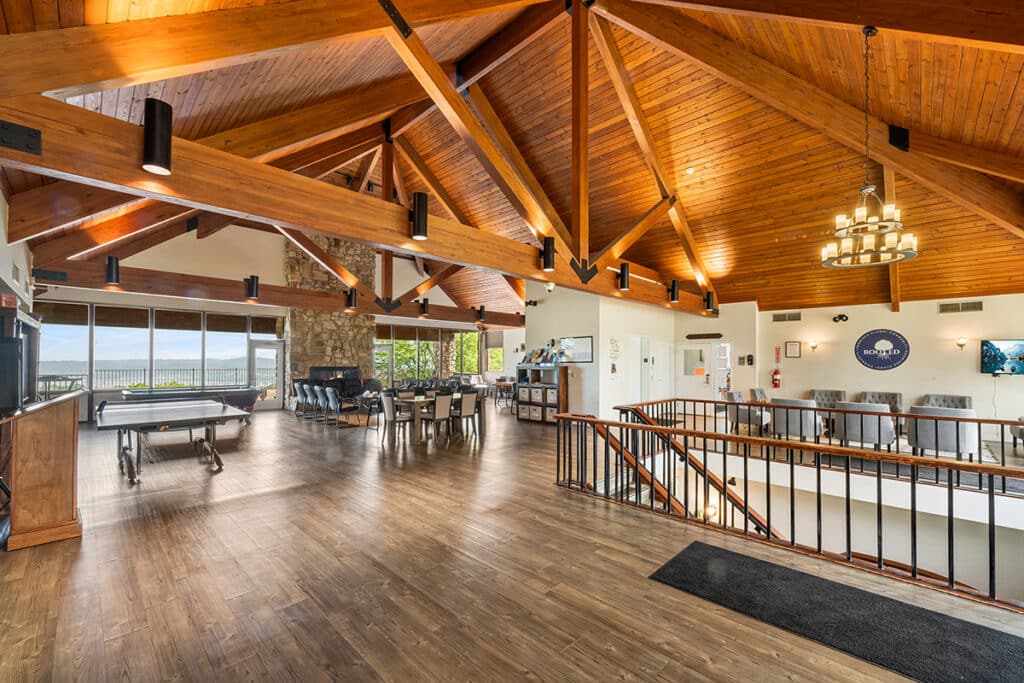
This level of care is ideal for individuals with severe AUD, a history of relapse, or co-occurring mental health disorders. Program lengths vary, with short-term treatment lasting three to six weeks and longer-term programs offered for 30, 60, or 90 days. Research shows that longer stays, particularly 90 days or more, lead to better outcomes. Our 30 Day Inpatient Drug Rehab Guide offers more details, while our page on long-term behavioral health facilities explores extended care.
Outpatient Rehab Programs: Flexibility in Recovery
Outpatient rehab allows you to live at home and maintain daily responsibilities while attending scheduled treatment sessions. This option is suitable for those with a less severe AUD and a strong support system at home.
Levels of outpatient care include:
- Partial Hospitalization Programs (PHP): The most intensive option, with treatment for several hours a day, five to six days a week.
- Intensive Outpatient Programs (IOP): A step down, typically involving a few hours of treatment, three to five days a week. Learn more in our IOP Program Costa Mesa Guide.
- Standard Outpatient Care: The least intensive level, with therapy sessions once or twice a week. This is often used for mild AUD or as a step-down from a higher level of care.
While outpatient treatment allows you to practice coping skills in real-time, it also means more exposure to triggers. Explore more about rehab California outpatient treatment.
Modern Alternatives and Telehealth Options
Technology has made alcohol treatment more accessible. Telehealth services allow you to receive therapy and counseling via phone or video, which is ideal for those in rural areas or with mobility issues. Many insurance plans now cover these virtual services.
eHealth options, such as computer-based therapy programs and mobile apps, also provide valuable support for recovery. It’s also possible to build a custom care team by working with a primary care provider, an addiction therapist, and an addiction specialist doctor to create a personalized treatment plan. We encourage you to explore our resources on how to find a therapist who specializes in addiction. These modern approaches expand access to care and make recovery more attainable.
Call Now – Your Journey to Recovery Begins Today!

Take the first step towards a healthier life! Call now to connect with our compassionate team and start your recovery journey today. Your path to healing awaits!
Our recovery specialists are available 24/7 to provide support, and all calls are confidential and free. Reach out anytime – we’re here to help!
Inside an Alcohol Rehab Program: Daily Life and Treatments
For those wondering what is alcohol rehab is like day-to-day, the answer is a structured schedule designed to bring order, healing, and hope. This routine provides a framework for building healthy habits.
A Typical Day in Rehab: What to Expect
While schedules vary, a typical day in an inpatient program creates a predictable and supportive rhythm.

- Mornings often start early with a nutritious breakfast, followed by mindfulness or meditation and a group therapy session. These morning groups are often the heart of the program.
- Afternoons include a mix of individual therapy, educational workshops on addiction and relapse prevention, and holistic activities like yoga, art therapy, or fitness.
- Evenings typically involve dinner, followed by 12-step meetings or other peer support groups. Personal time for journaling or reflection is also scheduled before lights out, as rest is crucial for healing.
The goal of this structure is to create a template for a healthy lifestyle that you can carry with you after treatment.
Evidence-Based Therapies for Alcohol Addiction
Rehab uses proven, evidence-based therapies to address the root causes of addiction and teach practical skills for sobriety.
- Individual Counseling: A confidential space to work one-on-one with a therapist on personal issues like trauma or co-occurring mental health conditions.
- Group Therapy: A powerful setting to connect with peers, share experiences, and learn from others who understand your struggle.
- Family Therapy: Sessions designed to heal relationships, improve communication, and build a strong support system. Family support in addiction is a critical component of recovery.
- Cognitive Behavioral Therapy (CBT): Helps you identify and change the negative thought patterns and behaviors that lead to drinking.
- Dialectical Behavior Therapy (DBT): Teaches skills in mindfulness, distress tolerance, emotional regulation, and interpersonal effectiveness, which is especially helpful for intense emotions.
- Holistic and Experiential Therapies: Activities like yoga, art, music, or equine therapy that treat the whole person—mind, body, and spirit—and build confidence.
The Role of Medication and Physical Fitness
Recovery involves supporting your body and brain as they heal. Medication-Assisted Treatment (MAT) uses non-addictive, FDA-approved medications to rebalance brain chemistry and reduce cravings. This is not trading one addiction for another; it is treating a medical condition. We answer common questions on our page about does rehab centers give you drugs?.
Key medications for AUD include:
- Naltrexone: Reduces cravings and blocks the rewarding effects of alcohol.
- Acamprosate: Eases the physical and emotional discomfort of early sobriety.
- Disulfiram: Causes an unpleasant physical reaction to alcohol, acting as a deterrent.
Physical fitness is another powerful tool. Exercise releases endorphins, which naturally improve mood, reduce stress, and regulate sleep. Research shows a strong link between physical exercise and sobriety, and most rehabs incorporate fitness activities into their programs.
Practicalities of Attending Alcohol Rehab
Once you decide that rehab is the right step, practical questions about packing and payment arise. Having clear answers can ease the anxiety of this life-changing process.
Preparing for Inpatient Rehab: What to Pack
Most facilities have guidelines to ensure a safe, therapeutic environment. When packing, think comfortable and simple.
What to Bring:
- Comfortable, casual clothing for 1-2 weeks (layers are a good idea).
- Pajamas and athletic wear, including sneakers.
- New, unopened, alcohol-free personal hygiene items (shampoo, toothpaste, deodorant, etc.).
- Your photo ID and insurance card.
- Current prescription medications in their original, labeled bottles.
- A journal, pen, and a written list of important phone numbers.
What to Leave at Home:
- Drugs, alcohol, and any items with drug-related imagery.
- Weapons of any kind.
- Inappropriate or revealing clothing.
- Outside food, drinks, and energy drinks.
- Valuables like expensive jewelry or large amounts of cash.
- Electronic devices (check the facility’s specific policy, as rules vary).
When in doubt, call the facility ahead of time to confirm their policies.
Call Now – Your Journey to Recovery Begins Today!

Take the first step towards a healthier life! Call now to connect with our compassionate team and start your recovery journey today. Your path to healing awaits!
Our recovery specialists are available 24/7 to provide support, and all calls are confidential and free. Reach out anytime – we’re here to help!
Navigating the Cost of Rehab and Insurance Coverage
Cost is a major concern, but it should not prevent you from seeking help. There are many options available.

Thanks to the Mental Health Parity and Addiction Equity Act (MHPAEA), most insurance plans, including Medicare and Medicaid, are required to cover addiction treatment. The first step is to verify your insurance benefits by calling your provider. Ask about covered services (detox, inpatient, outpatient), deductibles, co-pays, and any network limitations.
Many rehab facilities, including those in our network, offer free, confidential insurance verification to simplify this process for you.
If you don’t have insurance, options still exist:
- Sliding-scale fees based on your income.
- State and public funding allocated for addiction treatment.
- Payment plans offered by many facilities.
- Personal savings, family contributions, or healthcare loans.
Free mutual help groups like Alcoholics Anonymous can also be a powerful part of recovery. Treatment is more accessible than you might think. For a detailed breakdown, visit our page on how much does rehab cost.
Life After Rehab: Ensuring Long-Term Sobriety
Graduating from rehab is a monumental achievement, but it’s the beginning of the recovery journey, not the end. What comes next—aftercare and relapse prevention—is essential for lasting sobriety.
The Importance of Aftercare and Relapse Prevention
Aftercare is the bridge between the structured world of rehab and the realities of daily life. Individuals who engage in robust aftercare have significantly better long-term outcomes.
Key components of aftercare include:
- Continuing Therapy: Regular individual or group therapy sessions provide ongoing support to help you steer real-world challenges.
- Sober Living Homes: These structured, substance-free residences offer a supportive environment to transition from inpatient care back to independent living.
- Relapse Prevention Planning: This involves identifying your personal triggers (people, places, feelings) and developing healthy coping strategies to manage them without turning to alcohol. Building a strong support system of family, friends, and peers is also crucial.
We explore these topics in our articles on the importance of aftercare in addiction and how to prevent relapse.
The Role of Mutual-Support Groups
Peer-led mutual-support groups offer accountability, encouragement, and a sense of belonging. They are free, widely available, and a cornerstone of recovery for millions.
- Alcoholics Anonymous (AA): The most well-known 12-step program, offering a spiritual framework for recovery. Find a meeting through Alcoholics Anonymous.
- SMART Recovery®: A science-based program that uses cognitive behavioral principles to teach self-empowerment and practical recovery tools. Learn more at SMART Recovery®.
- Women for Sobriety: A self-help program designed to address the unique challenges women face in recovery, focusing on positive thinking and self-esteem. Visit Women for Sobriety.
- Al-Anon Family Groups: Provides support for the friends and family members of individuals with alcohol use disorder, helping them cope and heal. Encourage loved ones to explore Al-Anon Family Groups.
Finding a community where you feel understood and motivated is key to long-term success.
Frequently Asked Questions About Alcohol Rehab
Here are answers to some of the most common questions about what is alcohol rehab.
What is the difference between inpatient and outpatient alcohol rehab?
Inpatient rehab requires you to live at the treatment facility, offering 24/7 medical and therapeutic support in a controlled, substance-free environment. It is ideal for those with severe AUD or who need to step away from a triggering home life. Outpatient rehab allows you to live at home and attend scheduled treatment sessions, offering flexibility to maintain work or family responsibilities. It is best suited for individuals with less severe addiction and a strong support system.
How long does alcohol rehab typically last?
There is no one-size-fits-all timeline. Inpatient programs commonly last 30, 60, or 90 days, with research showing that longer stays (90 days or more) lead to better outcomes. Outpatient programs can range from a few months to over a year. The right duration depends on your individual needs, the severity of the AUD, and your progress in treatment.
What is the success rate of what is alcohol rehab?
“Success” in recovery is multifaceted and includes not just abstinence but also improved health, relationships, and quality of life. While there’s no single success rate, statistics are encouraging. Studies show that individuals who complete both detox and a comprehensive rehab program are 40-60% more likely to maintain sobriety after one year. Success is heavily influenced by your commitment to the program and your engagement in aftercare. Relapse can be part of the process; it does not mean failure. What matters is getting back on track and continuing the lifelong journey of recovery.
Call Now – Your Journey to Recovery Begins Today!

Take the first step towards a healthier life! Call now to connect with our compassionate team and start your recovery journey today. Your path to healing awaits!
Our recovery specialists are available 24/7 to provide support, and all calls are confidential and free. Reach out anytime – we’re here to help!
Take the First Step Toward a New Beginning
If you’ve read this guide, you’ve already taken a courageous step. You now understand that what is alcohol rehab is a comprehensive, compassionate journey toward reclaiming your life. It provides the medical stabilization, psychological healing, and ongoing support needed to build a healthy, sober future.
Recovery is challenging, but it is absolutely achievable. You are not alone, and professional help is within reach.
At Addiction Helpline America, we offer a free, confidential service to help you steer your options without judgment. We will listen to your story and connect you with a treatment program that fits your unique needs.
The journey to recovery starts with a single decision: to ask for help. Believe that a different future is possible.
If you or someone you love is struggling, we’re here to listen and help you find a new beginning. Find the right drug rehab program for you.
Our helpline is 100%
free & confidential
If you or someone you care about is struggling with drug or alcohol addiction, we can help you explore your recovery options. Don’t face this challenge alone—seek support from us.
Programs
Resources
Will my insurance
cover addiction
treatment?
We're ready to help
Find the best
drug or alcohol treatment
center
Are you or a loved one struggling with addiction? Call today to speak to a treatment expert.








